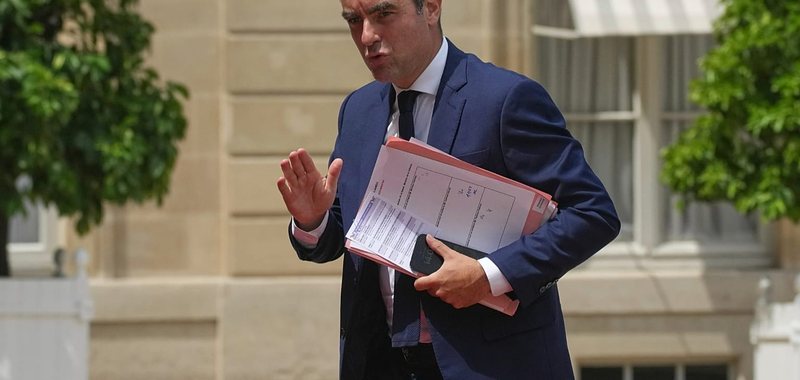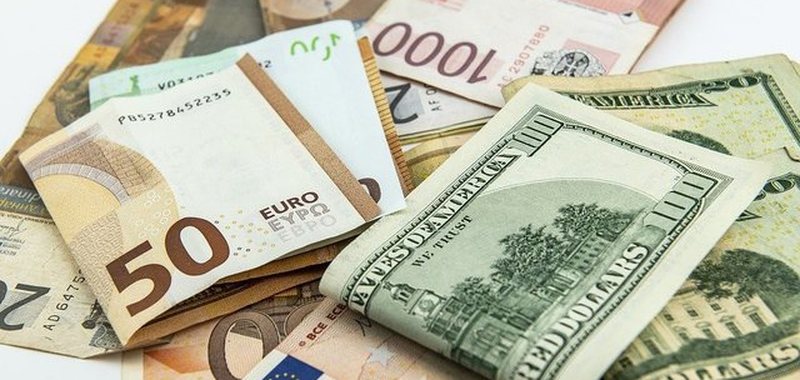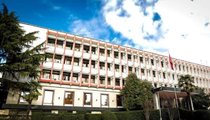Wealth taxes in Europe - Which countries apply these measures to individuals?

Wealth inequality is a visible reality around the world, including in Europe. According to the European Central Bank (ECB), at the beginning of 2025, the richest 5 percent of the population in the eurozone owned 45 percent of household net wealth, while the richest 10 percent controlled 57.4 percent of this total.
However, taxes on individual net worth remain rare on the continent. According to the Tax Foundation, by 2025, only Spain, Norway and Switzerland will impose direct taxes on individuals' net worth. Other countries such as France, Italy, the Netherlands and Belgium apply measures only to certain categories of assets, but not to a person's total wealth.
In Spain, the tax on net wealth is progressive and ranges from 0.16% to 3.5%, for wealth exceeding 700,000 euros. Residents are taxed on their worldwide wealth, while non-residents are taxed only on capital within Spain. In addition, in 2022 the Spanish central government introduced a “solidarity tax on wealth”, with rates ranging from 1.7% to 3.5%, for individuals owning net wealth over 3 million euros.
Norway also applies measures on net wealth at national and local level. The rate is 1% for assets over 145,425 euros up to 1.71 million euros. For values above this threshold, the rate increases to 1.1%. Of this amount, 0.7% goes to municipalities and 0.3% to the central government.
In Switzerland, the wealth tax is applied at the cantonal level and has low exemption thresholds, affecting even a part of the middle class. In 2025, in the canton of Zurich, the tax will start for individuals with assets over 85,560 euros, with an initial rate of 0.05%. The rate will gradually increase and reach 0.3% for values over 3.49 million euros for individuals and 3.58 million euros for married couples.
In France, residents are taxed on real estate if they own a net worth of 1.3 million euros or more. Non-residents are also taxed on real estate they own on French territory. The maximum rate is up to 1.5%. Other countries such as Italy, Belgium and the Netherlands apply some form of wealth taxation, mainly on financial assets, but do not apply direct measures on individuals.
According to the data, Switzerland collected €9.5 billion from individual wealth in 2023, which accounted for 4.3% of total tax revenue. Spain collected €3.1 billion (0.6% of tax revenue), while Norway collected €2.7 billion or 1.5% of the total.

Tourist packages in August increased in price by 12.8%/ Albania, with the smallest price increase. The region sets records
A significant portion of individuals choose to vacation by taking advantage of organized tourist vacations through packages, the prices of which vary......

Albanian agricultural products, in foreign markets - In August, they reached over 34 thousand tons. An increase of 11%
Albanian agricultural exports are increasingly expanding into foreign markets, reflecting the increase in quality and the empowerment of farmers in the......

France, Lecornu exempts wealth tax - New Prime Minister aims to reduce budget deficit to 4.7% by 2026
France's new Prime Minister, Sebastien Lecornu, ruled out reinstating the wealth tax and suspending the controversial pension reform as he struggles to draft......

Exchange rate/ How has this week started for the major currencies?
The US dollar has started the week negatively, suffering another decline this morning from the week before, as it was bought today for 82.2 lek and sold for......

Drought threatens olive oil - In Spain, production is falling, while prices are rising
Olive oil, known as the "liquid gold" of the Mediterranean diet, is once again at the center of concern. In Spain, which produces almost 50% of the world's......

Eurozone, inflation expectations increase - ECB: Consumers expect high prices and weak economic growth
Eurozone consumers raised some of their inflation expectations in August and expect higher income growth over the coming year, according to the European......

CBK, with the first framework for Crypto-Assets - "Starts the process towards gradual regulation and transparency"
The Central Bank of the Republic of Kosovo (CBK) has approved the Regulation on Licensing Crypto-Asset Service Operators. The drafting of this Regulation was......

"Montenegro must curb budget deficit" - IMF: It risks reaching over 4% of GDP by 2030
Montenegro needs to take steps to curb costs and boost revenues in order to tackle a widening budget deficit, International Monetary Fund (IMF) staff said.......


















